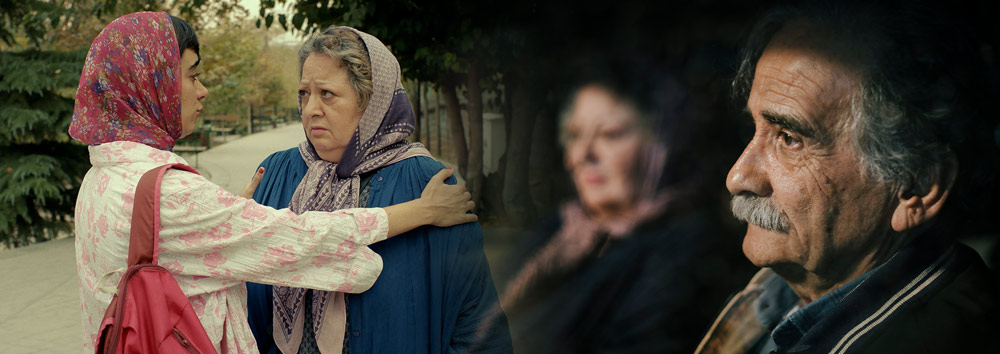On the final day of the Berlin Film Festival, I embarked on a cinema outing with friends, including a teenager. However, our plans took an unexpected turn at the entrance of the Berlinale Palast, where we discovered our teenage companion couldn’t enter due to the film lacking an FSK rating. The boy and his father, undeterred, handed their tickets to fellow movie enthusiasts and opted for the comfort of a nearby burger place.
This incident made me think about age appropriate cinema. Why and how films get those ratings? These ratings give a quick look at what’s in a movie, helping people know what to expect and if it jives with their values. The big deal here is finding a middle ground between letting artists do their thing and making sure kids don’t get stuck with stuff they shouldn’t see.
Thinking back to my growing-up days, we were in the dark ages when it came to foreign films. We basically watched whatever we could lay our hands on, and looking at my choices now, there are at least two movies that make me shake my head at my younger self.
And then there were those cringe-worthy shows on state TV meant for kids. Or the school days drama starting at the ripe age of 9, the official age of obligation. We got hit with some serious horror stories about Jahan-nam (Hell) – tales meant to scare us into toeing the line.
I chatted with some folks to get their take on this matter. One friend, who’s got a teenager, shared his thoughts using an example involving the second volume of The Adventures of Tintin called Tintin in The Congo, published in 1931. This book has stirred up quite a bit of controversy for its downright racist colonial attitude. As a result, it’s either banned in some places or reissued with a new preface to address the whole racism debate.

‘I don’t like the idea of banning this book,’ said my friend. He believed that he better let his child read it and get acquainted with the way people used to think.
I spoke with another friend who, during his childhood, was into reading adult thrillers and playing PEGI 18 rated games. He is now 27 years old and I inquired whether he believes these experiences had any negative impact on his life. He responded, “If we’re talking about violence, it certainly didn’t turn me into a violent person. I consider myself a pacifist and generally maintain a calm demeanor.”
The Berlinale screening made me think about age-appropriate cinema even more. That evening we watched My Favorite Cake, directed by Behtash Sanaeeha and Maryam Moghadam. The film revolves around Mahin, a 70-year-old woman seeking to break free from solitude and rejuvenate her love life.
In contrast to the directors’ previous work, The Ballad of a White Cow, which explored individual powerlessness in a totalitarian regime, My Favorite Cake promised a lighthearted portrayal of love in older age. The film, despite its crowd-pleasing nature, adeptly highlighted the restrictive laws and social norms impinging on Iranians’ basic freedoms.
The film delicately portrays Mahin’s daily life, showcasing her now rare visits with friends, her reliance on taxis due to the lack of public transport, and the challenges of navigating Tehran’s highways, subtly emphasizing that the city is not designed for older people and the disabled.
Though I had a hard time digesting the ending, the Iranian film making zeitgeist was unmistakably evident here, marked by a departure from showcasing female characters with mandatory hijab, clear description of the situation for an international audience, a newfound emphasis on the middle class, and nostalgia for a bygone era of splendor and grandeur.
This film, along with other recent Iranian productions, conveys a resolute message: a refusal to succumb to the constraints of past censorship rules in their approach to writing, film making, and interpreting the world.
After the film concluded, as my companion and I strolled towards the bus stop where we would part ways, we delved into a conversation about the movie. Interestingly, we discovered that we were grappling with the same question during the screening: Is it something we’d recommend to our parents, or in other words, is this film age-appropriate for our parents!? Surprisingly, our responses diverged.
My friend, being European, found the film brimming with amusing moments, yet the somber conclusion left her hesitant about recommending it to her parents. On the other hand, I, with Iranian parents, had a different perspective. Despite the melancholic ending, I sensed my parents could handle it.
Moreover, what they might take away from the film is the novel way of expressing affection on screen. Despite the filmmakers opting for a bitter conclusion for their characters, I felt it’s essential for my parents to witness that different perspectives are not only possible but worth exploring.
